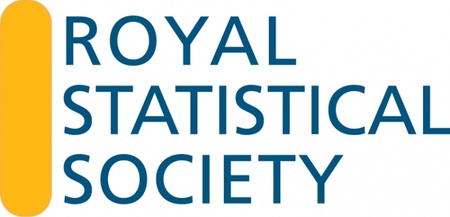The new research, conducted by Ipsos MORI, indicates a ‘data trust deficit’ in UK institutions. It also contains lessons for policymakers who are interested in data sharing.
The research finds that the media, along with internet, telecommunications and insurance companies all come at the bottom of a ‘trust in data’ league table. Only four to seven per cent say they have a high level of trust in these organisations to use data appropriately, compared with 36% trusting the NHS and 41% trusting their GP. However, nearly all institutions suffer a ‘trust in data deficit’, whereby trust in them to use data appropriately is lower than trust in that institution generally.
Broadly, the poll found more support for data-sharing across government than not sharing data at all, if it is ‘for the benefit of services and me’ and provided there are safeguards in place. The research also found low opposition (17%) to the government sharing anonymised data for public-funded research in universities and similar organisations; around half said they would either ‘tend to support’ (38%) or ‘strongly support’ (12%) this.
The addition of safeguards such as anonymisation of data, or punishment for data misuse, significantly improves the level of support for data sharing from 33% to around 51%.
The message for policymakers therefore is that they need to clearly communicate the value of any data sharing they wish to gain support for, and they need to put safeguards in place. It is also noteworthy that there is greater opposition to datasharing for commercial purposes, and so this is an area where policymakers must tread very carefully.
For further information and to view the research presentation and brief analysis of the research findings, visit the Statslife website.


